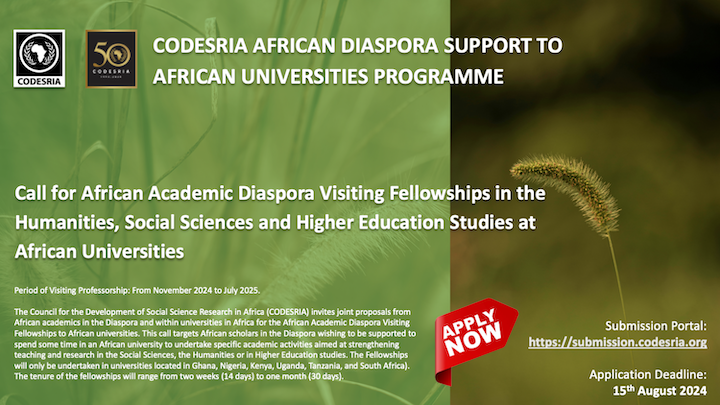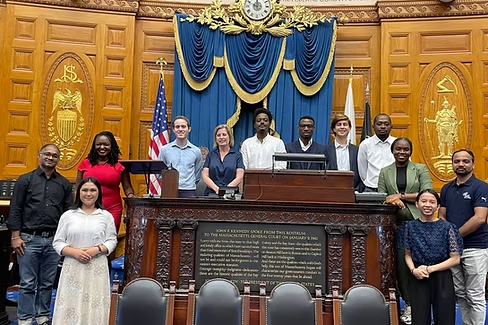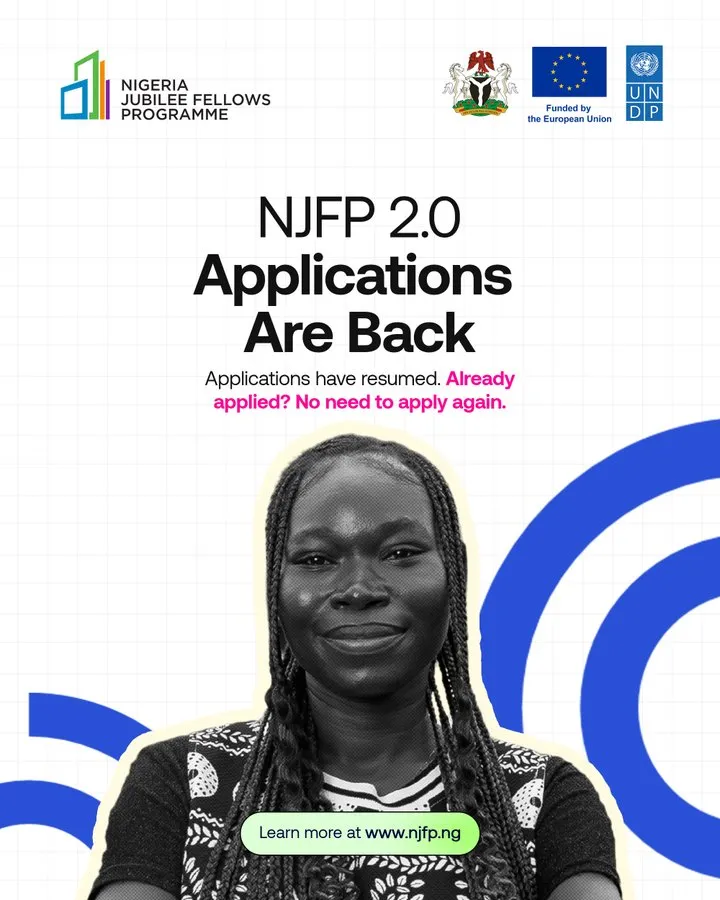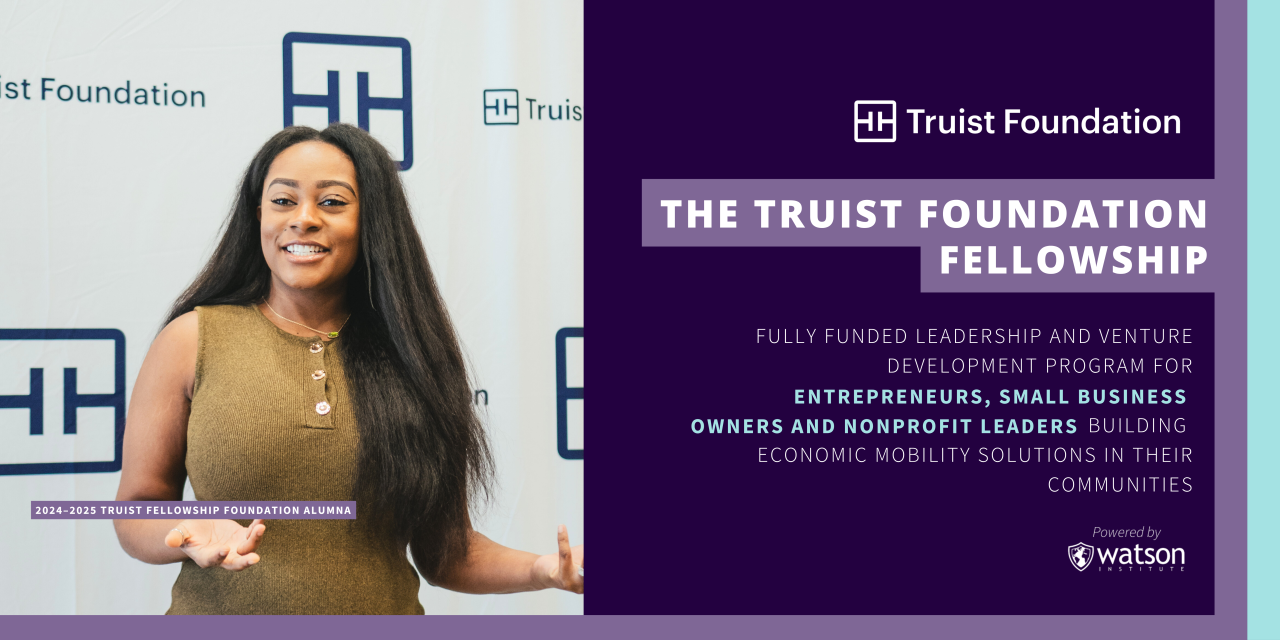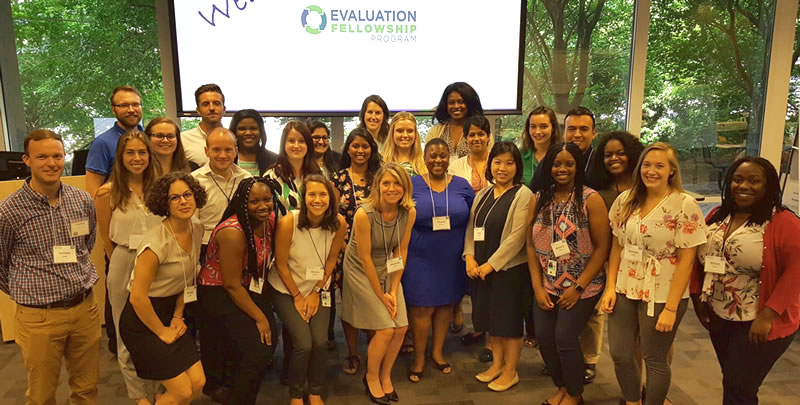Introduction to AFRIAK
Across the vibrant landscapes of Africa, where traditions, languages, and stories are etched into the land itself, a new opportunity arises—the African Fellowships for Research in Indigenous and Alternative Knowledges (AFRIAK). Initiated by CODESRIA and supported by the Mastercard Foundation, this fellowship champions the revitalization and elevation of indigenous knowledge systems. Thus, young Africans now stand at the forefront of an academic renaissance, breathing life into narratives long overlooked.
Background: Celebrating Dr. Sulley Gariba’s Legacy
AFRIAK is more than a fellowship—it is a tribute. It honors the indelible legacy of Dr. Sulley Gariba, a Ghanaian intellectual and fierce advocate for African-centered research methodologies. His life’s work reminds us that development must not only acknowledge Indigenous wisdom but be grounded in it.
Vision Behind the AFRIAK Initiative
Ultimately, AFRIAK aims to empower a new generation of researchers to champion knowledge systems deeply rooted in African experiences. This vision encompasses an ambitious goal: to weave Indigenous insights seamlessly into policy, development, and innovation frameworks.
The Role of Mastercard Foundation
Moreover, the Mastercard Foundation’s backing reflects a broader commitment to educational innovation. By supporting AFRIAK, the Foundation not only nurtures research but also fosters youth employment and empowerment across the continent.
Importance of Indigenous Knowledge in Modern Africa
Today, Indigenous knowledge serves as a critical pillar for sustainable development. Nevertheless, due to colonial and educational biases, much of this knowledge remains marginalized. AFRIAK, therefore, is an essential corrective.
Challenges Facing Indigenous Knowledge Systems
Despite proximity to rich traditional wisdom, African youth often encounter barriers accessing it. Consequently, Westernized curricula and gerontocratic gatekeeping have created deep disconnects.
Understanding the Notion of Indigenous Knowledge
Indeed, the term “Indigenous” carries complex connotations. Historically weaponized during colonialism, today it is reclaimed, signifying knowledge systems born of, and evolving within, local realities.
From ‘Indigenous’ to ‘Endogenous’ Knowledge
Paulin Hountondji’s distinction between “Indigenous” and “Endogenous” knowledge offers invaluable insights. Endogenous knowledge, emerging from African realities rather than colonial frameworks, provides a more empowering lens.
Organic Intellectuals: Learning from the Community
Drawing from Antonio Gramsci’s concept of “organic intellectuals,” AFRIAK places knowledge holders from communities—farmers, healers, artists—at the heart of research partnerships.
Programme Activities: A Triad Approach
Specifically, AFRIAK’s design revolves around three major activities: a fellowship program, policy dialogues, and alumni networks. Each aspect fortifies the programme’s mission.
The Fellowship Structure and Timeline
Spanning seven months, the fellowship offers induction training, mid-term institutes, extensive fieldwork, collaborative research execution, and dissemination phases.
Mentorship in AFRIAK
Importantly, young fellows are paired with academic mentors and Indigenous knowledge-bearers, fostering a truly dialogical research process.
Who Should Apply? Targeted Youth Profile
Eligible candidates are Africans aged 24 to 35, committed to Indigenous knowledge research, either from formal institutions or community knowledge centers.
Priority Research Areas for AFRIAK
The fellowship targets themes such as Indigenous medical sciences, climate health, agriculture, digital mobilization, and more—areas critical for Africa’s future.
Indigenous Medical Science and Practices
Traditional healing methods often combine botanical wisdom with spiritual practices, offering holistic alternatives to modern medicine.
The Creative Sector and Indigenous Knowledge
Creative industries—fashion, music, storytelling—benefit profoundly from Indigenous narratives and aesthetics, inspiring new entrepreneurial models.
Agri-food Systems and Traditional Knowledge
Consequently, Indigenous agricultural practices emphasize sustainability, biodiversity, and resilience—vital lessons in the age of climate change.
Digital Transformation and Indigenous Knowledge
Adopting digital tools to preserve and disseminate Indigenous knowledge is, without doubt, a critical strategy for the future.
Indigenous Pedagogy and Curriculum Innovations
Educational reforms must include traditional pedagogies that privilege storytelling, observation, and apprenticeship over rote memorization.
Social Capital through Indigenous Systems
Customary networks of mutual aid, kinship ties, and communal governance systems showcase Indigenous social capital at its finest.
Climate Change and Indigenous Strategies
Because traditional ecological knowledge often anticipates and mitigates environmental shifts, it is crucial to integrate this wisdom into policy.
Health and Nutrition through Indigenous Lenses
Indigenous diets—rich in native grains, fruits, and medicinal plants—are essential for addressing malnutrition and promoting climate resilience.
The Role of Indigenous Languages in Science
Thus, indigenous languages must be preserved not just for cultural reasons, but as carriers of scientific and philosophical thought.
Religion, Spirituality, and Knowledge Systems
Spiritual traditions offer frameworks for understanding human relationships with nature, ancestors, and the cosmos.
Technological Innovations Rooted in Tradition
Surprisingly, Indigenous societies often developed sophisticated technologies—from irrigation systems to metallurgy—long before modern patents.
Empowering Young Women Researchers
Above all, AFRIAK prioritizes young African women, challenging patriarchal barriers to knowledge production and leadership.
Post-Fellowship: Building Communities of Practice
The alumni network will ensure that fellows continue to collaborate, mentor, and build upon each other’s work across Africa.
How to Apply for the AFRIAK Fellowship
Interested individuals and groups must submit CVs, concept notes, and reference letters through the dedicated portal by May 15, 2025.
Evaluation Criteria and Selection Process
Proposals will be assessed based on relevance to priority areas, innovation, feasibility, and alignment with AFRIAK’s vision.
Timeline and Key Dates
- Application Deadline: May 15, 2025
- Fellowship Start: Mid-2025
- Completion and Dissemination: Early 2026
Conclusion: A New Dawn for African Knowledge Systems
By centering Indigenous knowledge, AFRIAK represents a pivotal shift towards a truly African research agenda. Therefore, if you believe in using what we have to shape what we become, this is your call to action.
FAQs
What is the AFRIAK fellowship about?
AFRIAK supports young African researchers in promoting Indigenous and alternative knowledge systems.
Who can apply for the AFRIAK fellowship?
Young people aged 24-35 involved in Indigenous knowledge research in Africa.
What are the benefits of participating in AFRIAK?
Participants receive mentorship, field experience, and become part of a continent-wide community of practice.
What fields of research are prioritized?
Fields include Indigenous medicine, agriculture, climate resilience, and digital mobilization, among others.
How long does the fellowship last?
The fellowship spans approximately seven months, including fieldwork and dissemination.
What role do Indigenous knowledge-bearers play in the fellowship?
They serve as co-researchers and mentors, ensuring authentic, community-rooted knowledge production.
